- Juan José Mercado Gavilán
- Informacion productos
- 1 likes
- 6505 views
- 1 comments
- Tags: filter oil, refined oil, extra virgin, olive oil
Difference between filtered oil and refined oil.
Consume filtered or refined olive oil?
It has happened to us on more than one occasion that some of our customers, when they come to buy Extra Virgin Olive Oil at our facilities, say to us: "We are here to buy oil...but refined oil". So... we have to take a deep breath, pause, and explain .....
Sometimes people confuse the use of the words refined and filtered, but in other cases they simply don't know the difference in meaning between the two words. In this article we will try to briefly clarify the difference between refined and filtered.
FILTRATION of EVOO (Extra Virgin Olive Oil): This consists of eliminating the solid particles and part of the vegetable moisture in the oil by separation. Mergaoliva does this by means of cellulose filters, which allow the EVOO to pass through, but retain those tiny solid parts that are in suspension after the olives have been crushed. It also retains the little vegetable moisture that may remain after the olives have been naturally decanted.
After the olive milling process, the juice obtained (EVOO) still contains some remains of solid parts and vegetation moisture (water in the fruit). After passing through the decanter or horizontal centrifuge for extraction, it is first 'washed' in the vertical centrifuge; drinking water is added for this process. The juice is then transferred to an air-conditioned cellar where it is left for a few hours to decant naturally. After these hours, it is FILTERED and stored completely clean, without those parts that could contribute to accelerate its deterioration. This avoids oxidation and fermentation that could occur if it had not been filtered.
Let's not forget that by filtering, what we achieve is a longer life for the EVOO, keeping all its HEALTHY properties almost intact.
The REFINING of the OO (Olive Oil...which is no longer Virgin, nor of course Extra Virgin): It consists of subjecting this oil to physical-chemical processes to eliminate the existing defects in it. Let's not forget that the Olive Oil ("without more") comes from a LAMPANTE oil, that is to say, with defects of smell and flavour, and high parameters of acidity (above 2 degrees). Refining is usually done by adding certain chemical compounds such as sodium hydroxide (caustic soda), phosphoric acid, citric acid, etc. Together with heating and steam distillation processes. In other cases, solvents such as hexane (derived from petroleum) are also used: pomace oil.
It is worth mentioning that the name "lampante" for oil with defects comes from the Roman Empire; this oil was used for lamps (lanterns), to be burnt and provide light.

Olives in an advanced state of fermentation, from which lampante oil will be obtained, and therefore for REFINING.
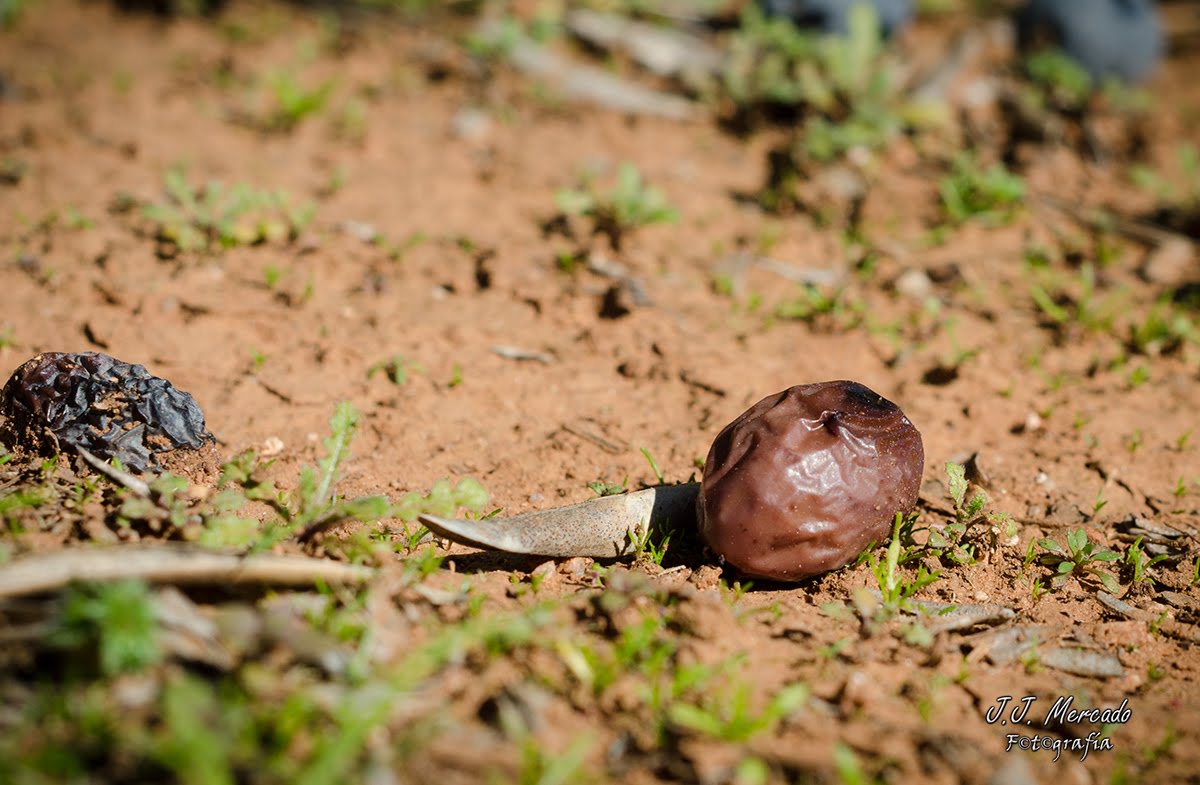
Expanding on the information...
During the refining process, not only is the colour, bad smell and taste eliminated, but also certain substances that give the oil its healthiest qualities. This means that with refining, the only aim is to give the olive oil an appearance, but without paying attention to something as essential as quality. With refining, the polyphenols in the oil, such as hydroxytyrosol, oleocanthal, oleouropein, etc., are lost. Let's not forget that these polyphenols can only be found in olive juice or extra virgin olive oil of superior quality.
With caustic soda, the free fatty acids are eliminated from the oil, obtaining an almost zero acidity, but also the carotenes (precursors of vitamin A) present in Virgin Oils (Virgin and Extra Virgin) are eliminated.
During the deodorisation process, carried out by passing the oil through a stream of hot air (200-250ºC), most of the sterols and tocopherols (vitamin E) are also lost, as well as the oil's antioxidant properties.
Finally, after refining, we obtain a colourless, tasteless and odourless vegetable fat, which can only be distinguished from vegetable oils by its oleic acid content (the only nutritional advantage retained).
As the refined oil is a fat that would be poorly accepted by the consumer, it is mixed with a small part of Virgin Olive Oil or Extra Virgin Olive Oil to give it colour, smell and taste. This is how Olive Oil is obtained, and from which the famous "mild oil" or "intense oil" are derived, depending on the proportions used.
WATCH VÍDEO:

NARANJAS en avanzado estado de fermentación.
REFLEXION...
Sometimes, as consumers, we do not stop to think about what we eat and where it comes from; even more so when a lot of nomenclatures are used for products that seem similar: Extra Virgin Olive Oil, Virgin Olive Oil, Olive Oil, Pomace Oil, Refined Pomace Oil... mild, intense, etc. How many of us know the difference between olive oils?
Even more confusion is caused when things are not called "by their name": Oil is called oil because it comes from the OLIVE: the juice of the olive, but... why is something that comes from a sunflower seed, or a coconut, or another type of fruit or seed also called oil? Perhaps it would be more correct to call "sunflower fat", "coconut fat", etc. To other types of fat that do not come from OLIVE.
But apart from the terminology used, and above all, we should consider where it comes from or how it is processed. For this, we make a comparative term with another type of fruit: the orange. Therefore, we ask our visitor or customer (when explaining everything we are dealing with in this article), if he/she would like to drink a juice from an orange that has been picked in a bad state (sometimes from the tree... sometimes from the ground; other times by throwing to the ground what was on the tree to collect it all together), with defects in colour, smell and taste, that has been subjected to physical-chemical processes to clean it both of those defects and also of its properties (let's not forget all the above), and that at the end we add a little bit of natural orange juice to make it look like that "orange juice". (...) Everyone stares at us with a look of surprise or horror....
I don't think anyone would like to drink that "refined" orange juice, but... why is it that every day a large number of consumers drink that (refined) Olive Oil instead of drinking Extra Virgin Olive Oil or OIL JUICE? This is something we have to ask ourselves.
We hope that after reading this small article, it will be clearer to all of us what it means to filter and what it means to refine.
And after this reading, dear follower, always remember to BUY and consume EVOO (Extra Virgin Olive Oil) or OIL JUICE: the one that best maintains all its organoleptic and healthy properties.
Translated with www.DeepL.com/Translator (free version)
Juan José Mercado Gavilán.
Lahiguera a 8 de marzo de 2021.


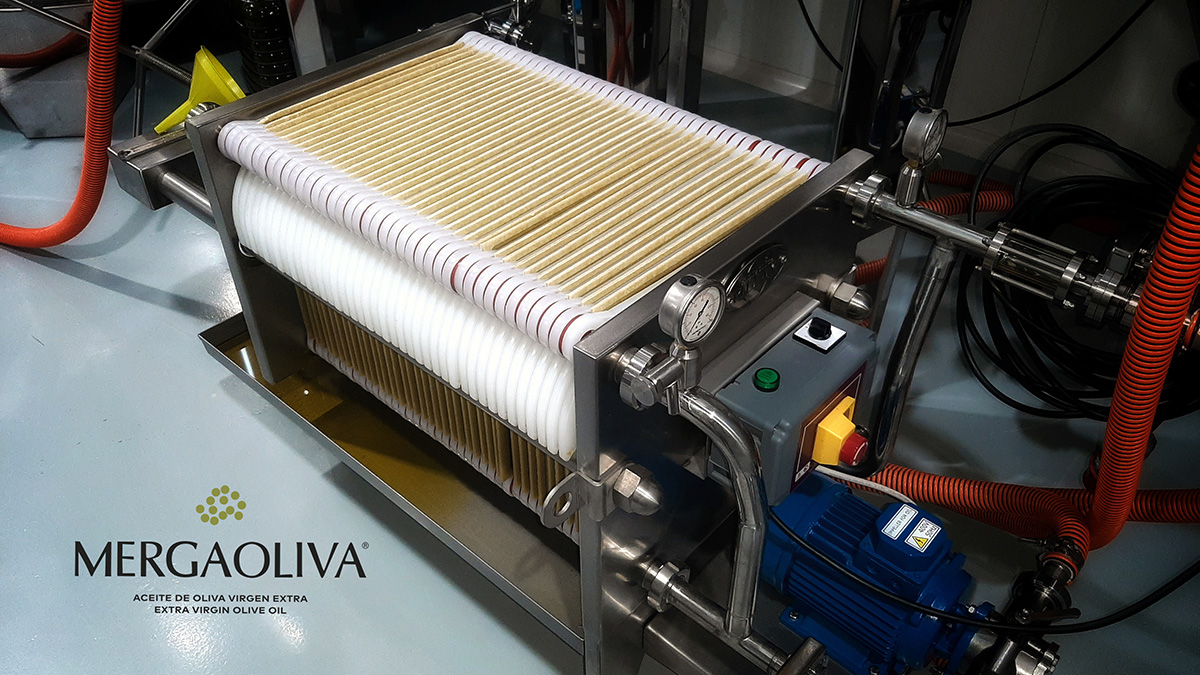
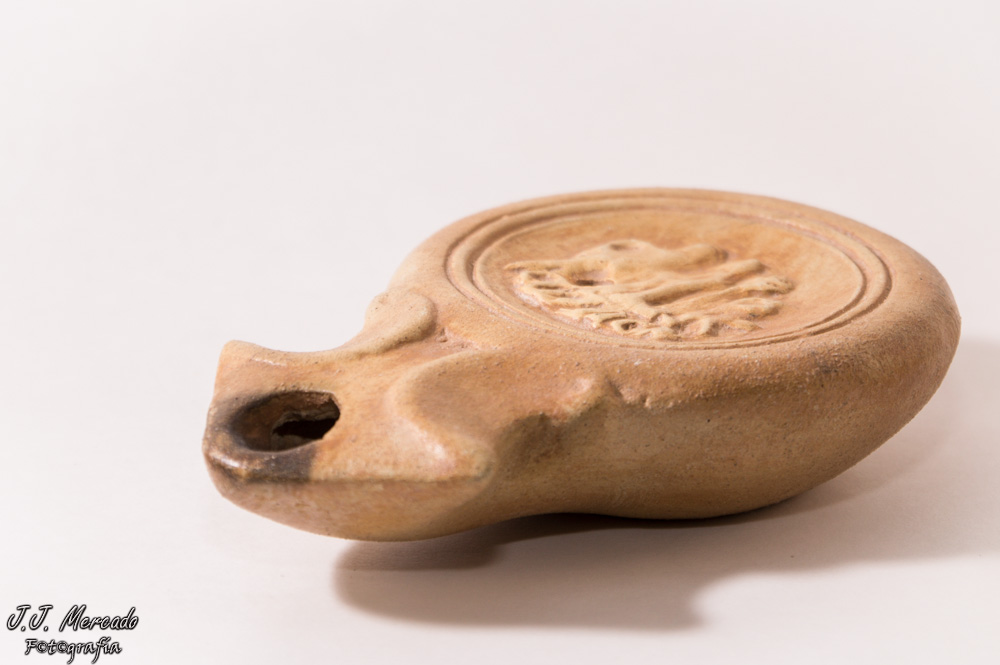






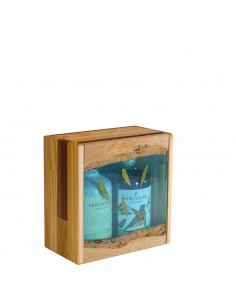










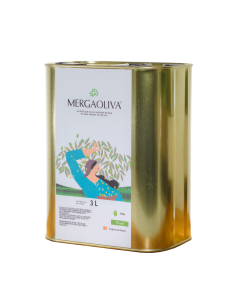
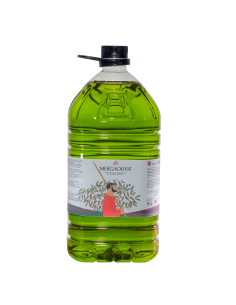
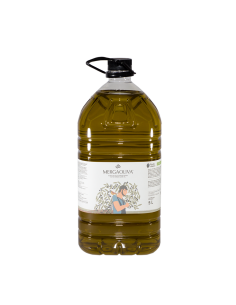
Comments (1)
New comment